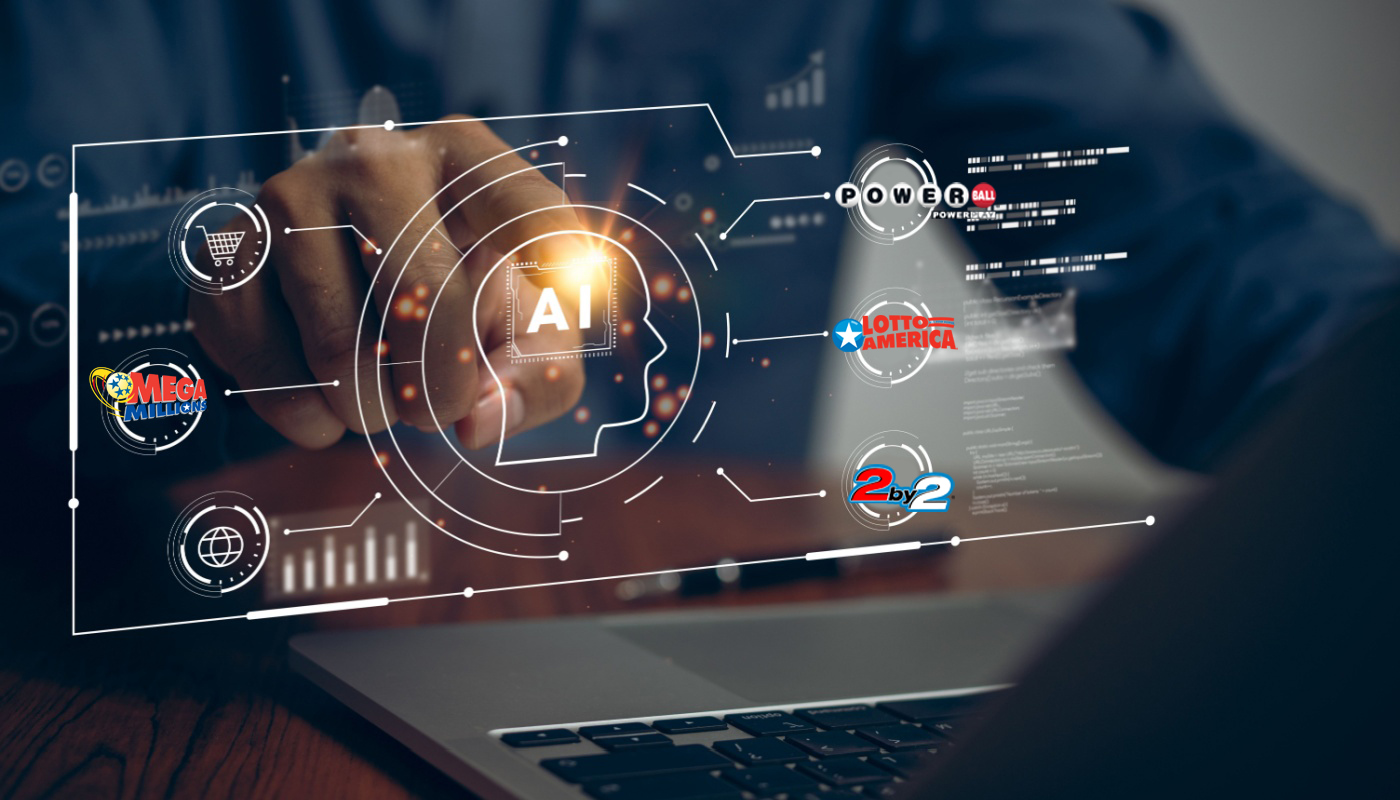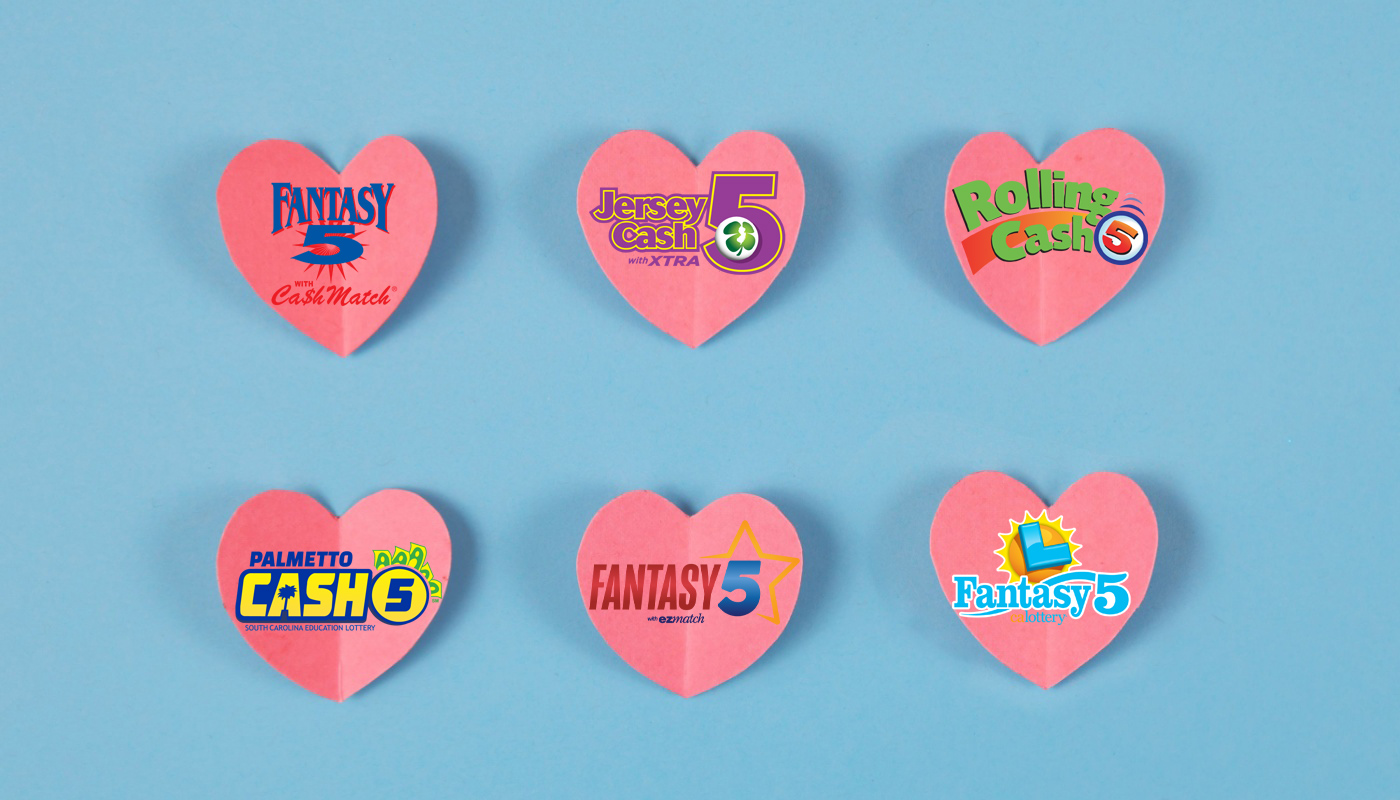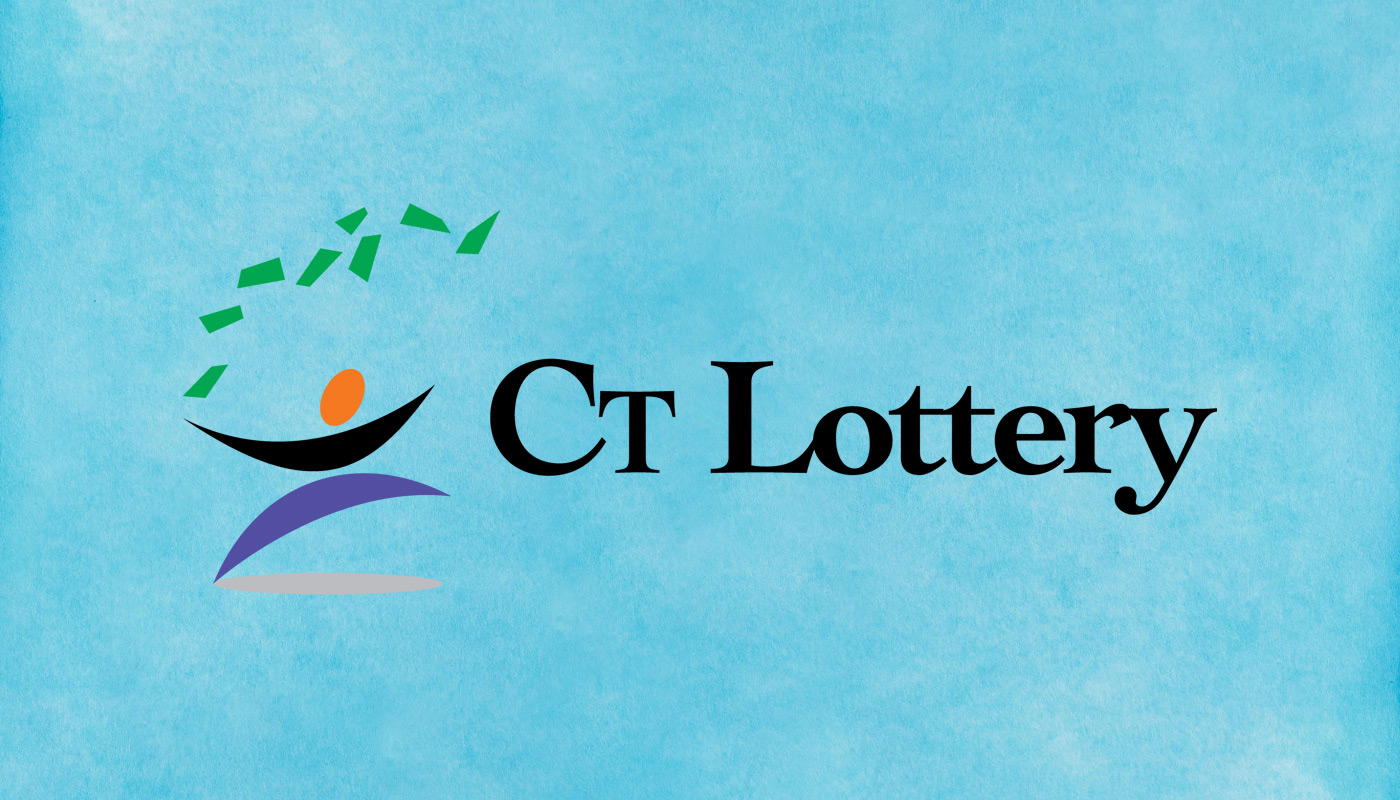
News writer
Wouldn't it be nice if a machine could predict winning lottery numbers? AI tools have proliferated over the past year, and it's easy to see the appeal when it comes to lottery gameplay. Some companies are even claiming that new AI tools can assist with lottery wins using algorithms and predictive math.
But do they actually bring players closer to winning numbers?
AI sounds official
AI software companies aren't the first entities to claim that they may be able to help predict lottery wins, but they're the most technologically advanced - and to many, the most convincing to date.
In the past, believers have relied on psychics, number generators, and authors who tout the power of things like “positive thinking” and “manifestation.” Hopefully, it's obvious to most users that these systems are for entertainment purposes and aren't a sure thing. If they worked, there would certainly be a lot more winners out there.
However, new AI software companies are shrouding their methods using terms like “advanced algorithms,” “professional-grade analytical capability,” “strategy development,” and “scientific, intelligent number selection.” One company is even charging almost $1,000 for installable software for “smarter lottery wins.”
Even the most skeptical lottery player might look at this and wonder, “Gee, can this stuff actually work?”
What is predictive AI, exactly?
The most well-known AI tools are large language models (LLMs), including ChatGPT and Claude. These programs work with the human language, drawing information from text and code that has been trained into the models. Primarily, LLM data comes from publicly available sources like books, the web, code repositories, social media, and human feedback. If you tell an LLM to do something like, “Create an Instagram caption about a lasagna recipe,” it will scrape its data and root out all the available and popular lasagna recipe information, as well as parameters about Instagram caption voice and length. From there, it will predict and generate the most likely sequence of words to make a successful post caption. Natural language processing AI scrapes text as well as voice data.
These tools mostly contain ideas that are already known and popular - things that have been trained into the model.
This makes AI extremely handy for a lot of processes. Most importantly, it can draw predictions from past patterns. AI lottery products claim to understand “hot numbers” this way - meaning, lottery numbers that continue existing sequences. AI can recognize these historic patterns much more efficiently than most humans.
However, this means that AI isn't exactly an out-of-the-box thinker. Its capabilities are limited because it cannot predict the unknown or unconventional. So, to pick lottery numbers, AI will identify past popular repeating number trends for specific games, high and low probability combinations based on history, and numbers that are overdue, statistically. It will continuously update its historical record and will churn out “most likely” lottery numbers for users on demand.
With all that computing power, a user might very well believe that these numbers are special.
Let's get this out of the way
In a legitimate, controlled, government-run lottery, there is simply no way to accurately predict draw numbers. Not even by using AI.
Past draws have no bearing on future draws, which renders all of these predictive AI practices useless.
To prove this, an independent tech writer named Jan Kammermath used several open-source AI engines to predict his lottery numbers and wrote about his findings. He scraped 10 years of draw data from a German lottery that has identical gameplay to Powerball and Mega Millions. He also collected the least-frequent number combinations and tried to get AI to determine, statistically, what would constitute a continuation of the number pattern.
First, Kammermath had to convince some of the AI engines that he had a scientific reason for asking for winning lottery numbers, due to gambling restrictions on most open platforms. (These platforms are different from betting software.)
In the end, a couple of numbers matched, but Kammermath didn't win anything in his experiment. Further, the AI platforms predicted different numbers amongst themselves. For example, Grok gave him predictions that were different from ChatGPT. Importantly, some of the tools provided disclaimers about the random nature of the lottery when they produced numbers. Kammermath told Lottery USA:
There are trillions of factors that play into a lottery win - not just the numbers, but the physics. There's the air in the canister. There's the temperature in the drawing room. There's a host who has vibrational patterns in their voice. There's blood running through their veins. Predicting the winning numbers is scientifically impossible. That's what's so fun about the lottery, like Powerball. In poker, you can trick the game mathematically. But you cannot cheat in Powerball unless you physically operate it and change the balls around.
Of course, AI could have picked Kammermath's winning numbers in a bout of luck, but it still has no more predictive power than a random number generator. AI simply can't buck the system and choose the correct balls in advance. As ever, nothing can.
Kammermath's conclusion to his experiment was:
Applying statistics is also nothing new to the gambling community. It was tried and tested for decades now, and it always turns out with the same results…It's purely random guessing.
Granted, Kammermath used open AI sources, not designated software. But while software companies might throw in more entertaining, customized, immersive gameplay, they don't harbor any deep secrets to winning.
Is this legal?
Mainstream use of LLMs is relatively new, putting it in wild west territory. Laws around AI are constantly evolving, particularly around data privacy and copyright claims from creators.
However, unsubstantiated financial claims are illegal, and the Federal Trade Commission (FTC) has historically cracked down on companies for making false promises around AI - including get-rich-quick schemes.
For example, on June 20, the Federal Trade Commission banned a company called Ascend Ecom from operating, saying its owners falsely claimed that AI tools would earn customers thousands of dollars a month in passive income. In the scheme, Ascend charged consumers tens of thousands of dollars to open storefronts and promised AI-based income that never arrived. Ascend was ordered to pay $25 million in restitution. FTC Chair Lina Khan stated:
“Using AI tools to trick, mislead, or defraud people is illegal. The FTC's enforcement actions make clear that there is no AI exemption from the laws on the books.”
Lottery software companies are also not above the law, and they should always caveat their AI claims by saying they're for “entertainment purposes only.” Lottery USA is firm about this language on our Quick Pick and astrological features.
However, players without an education in AI (which includes most people) could find the claims plausible enough to genuinely expect a return on investment.
So, what CAN these tools do?
AI may not be able to help you win the lottery. However, it can put forth what is most predictable based on the past and what's popular, which can help enhance many aspects of lottery play and commerce.
For retailers and lottery commissioners, AI can help track supply, demographics, game preferences, and other analytics in order to create or sustain an improved lottery. AI can help summarize large swathes of data, find inefficiencies, and reduce operational costs. It can look at trends and help predict and consolidate user and retailer behavior. AI can root out errors and fraudulent activities while helping to patch weak security points. These tools are invaluable to all businesses, including the lottery and the entities that supervise it.
For players, it can scan lottery tickets, track past numbers that they've used, and provide warnings when they're overdoing it and spending too much time and money on the lottery, according to Kammermath.
For serious players, it can customize the experience and log personal lottery data. And while AI isn't a real friend or compatriot, it can be fun to ask it questions about things like probabilities, odds, gameplay, and lottery history. That said, users should never put personal data into AI.
What's the verdict?
As long as users are realistic about AI's limitations while playing the lottery, it shouldn't be harmful to use. Players must understand that nothing can predict winning numbers - not even the most advanced AI engines.
While the technology has many analytical uses - and while it can be fun to tinker with - it will not get you rich quickly. Even in the face of big software claims, buyer beware.
You're more likely to win if you spend money on more tickets with a variety of combinations, not software. Your guess is as good as the AI's.
















Comments